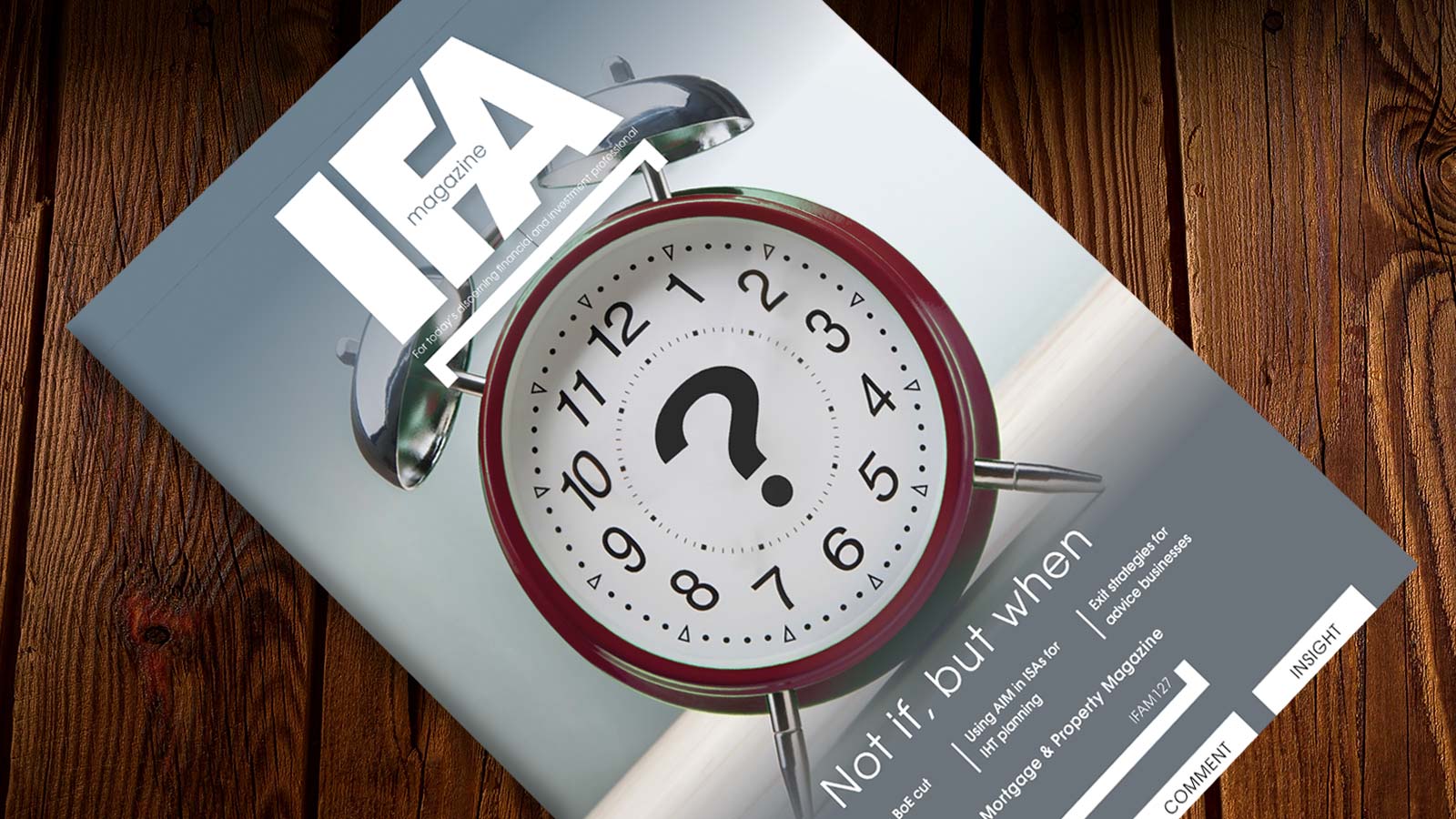– The Government is proposing a little-noticed retrospective change to tax legislation in clauses 95-97 Finance (No. 2) Bill 2021-22, designed to overturn the Upper Tribunal’s decision in the Wilkes High Income Child Benefit Charge (“HICBC”) case.
– The proposed change in the law would retrospectively remove the appeal rights of (at least) an estimated 168,838 affected taxpayers – even if the Wilkes decision is upheld by the Court of Appeal in the forthcoming hearing.
– HMRC has since 2016 already had powers equivalent to those conferred by these provisions, making the proposed change unnecessary. It targets modest-earning employees and undermines the rule of law.
– The proposal constitutes an unwarranted interference with the rights of affected taxpayers and if Parliament fails to amend the clauses to make them compatible with the European Convention on Human Rights then it raises the prospect of Judicial Review litigation.
Back in July, IFA Magazine brought you news that hundreds of thousands of people were set to benefit as HMRC lost a landmark case challenging the controversial high income child benefit charge. In September, we reported the news that HMRC has sought and been granted the right to appeal in the Court of Appeal.
On 27 October 2021, the Government published a little-noticed policy paper on Discovery Assessments in parallel with the Budget and Spending Review documents. The paper was not referred to elsewhere in the Budget documents and its release was restricted to being buried on HMRC’s website. It was published following the victory of taxpayer Jason Wilkes in the Upper Tribunal (HMRC v Wilkes [2021] UKUT 150 (TCC), judgment available here), in a claim which successfully sought to restrict HMRC’s use of Discovery Assessments.
The policy paper states that the Government plans to change the law in Finance (No. 2) Bill 2020-21 so as to grant HMRC the discovery assessment powers that the Upper Tribunal in Wilkes determined it did not have. The proposed change pre-empts HMRC’s second appeal in that case to the Court of Appeal, which is due to be heard shortly. HMRC already has an equivalent power to make “simple assessments” under section 28H Taxes Management Act 1970, which was introduced in 2016, and which should make the proposed change unnecessary.
The proposed change is controversial because it is intended to be retrospective. If the legislation is passed in the proposed form, it would mean that HICBC taxpayers who had been issued with a discovery assessment – and who could have taken the benefit of the Wilkes case – will retrospectively be denied the opportunity to appeal, thus undermining the rule of law and their rights under Article 1 of Protocol 1 to the European Convention on Human Rights (and Part II of Schedule 1 to Human Rights Act 1998).
The limited exception to this general rule is that the 399 cases currently listed before the First-tier Tribunal (Tax Chamber) would be exempted from the retrospective action, meaning that the outcome of their cases will follow that of Wilkes.
James Austen, Partner and Head of Tax Disputes at Collyer Bristow LLP, acting for Mr Wilkes, says:
“Retrospective changes to tax law have to date been very rare. They are almost always controversial and contested and are usually reserved for the most egregious cases of tax avoidance, and intended to protect significant tax revenues for the Exchequer. In this case, there was no tax avoidance and the taxpayers being penalised by this retrospective move were typically oblivious of their responsibilities.
The Government’s – apparently capricious – desire to take retrospective action here arises only because of: (1) the policy decision by Government to introduce the Child Benefit claw-back using the tax system instead of the benefit system; and (2) the policy decision of HMRC to use Discovery Assessment powers that the Tribunals have found were not open to it, instead of using other sufficient powers. Moreover, the policy paper implausibly claims that the impact to the Exchequer will be “nil” – which raises the question as to why the change should be necessary at all.
The proposal constitutes an unwarranted interference with the rights of taxpayers and if Parliament fails to amend the clauses to make them compatible with the European Convention on Human Rights then it raises the prospect of Judicial Review litigation.
In this context, the Chancellor’s pro-forma statement to Parliament on the face of the Bill that its provisions are compatible with Convention rights is contentious and may be incorrect. We will ask the Joint Committee on Human Rights to consider whether a statement in such terms is ever appropriate where retrospective changes to tax legislation are proposed.
We intend to bring the substantive issues raised here to the attention of MPs and peers and other interested parties during the passage of the Bill through Parliament.”
















